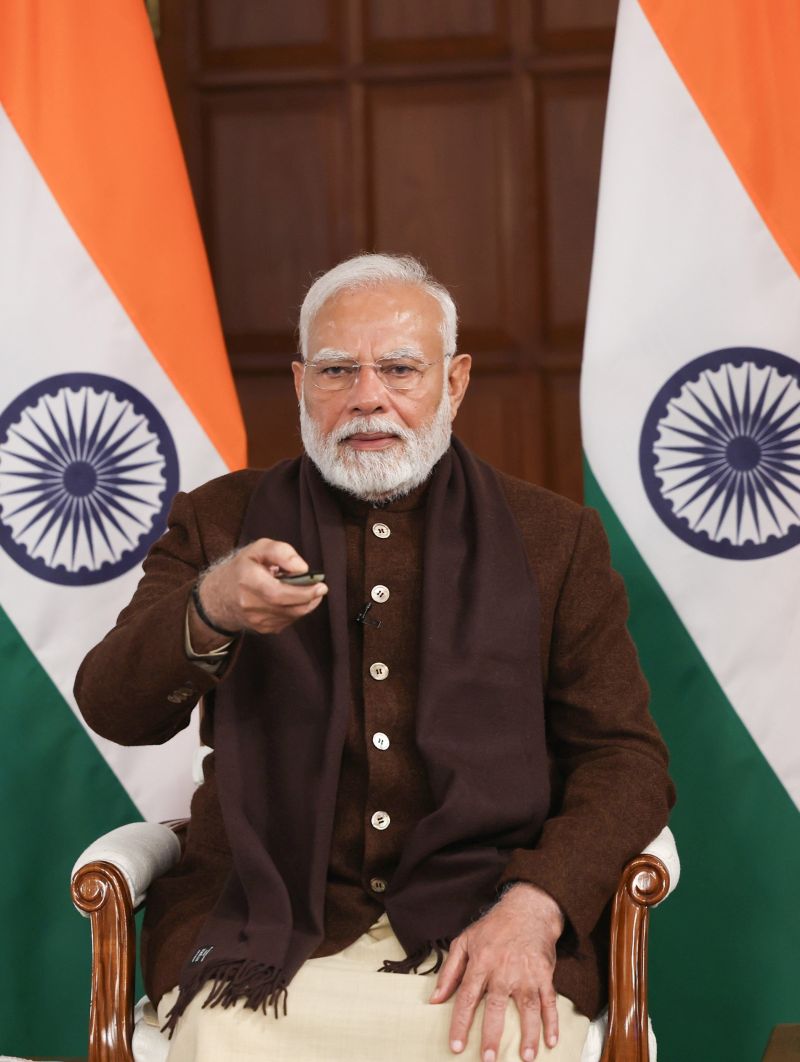By: Shahjhan Mustafa/ Muzamil Manzoor
‘People that elect corrupt politicians, imposters, thieves and traitors are not victims, but accomplices’ George Orwell.
Taking a cue from the above cited Orwellian quote, a question arises – are the people in Kashmir really the victims of political uncertainty?
More to the point, the people in Kashmir have accepted the reality that they are victims and they can’t change anything about it. The political situation in Kashmir has witnessed many transitions but the very concept of “victimhood” has stayed with us forever.
During the Dogra autocratic rule, if Sheikh Abdullah could uphold the struggle for political and economic rights of common Kashmiri’s: why have the successive politicians in Kashmir failed to do so?
Sheikh Abdullah emerged successful in countering the Dogra rule by creating a stake in the prevalent system and by constituting a political alternative. One way to counter the Dogra rule was by establishing a political structure and thereby giving a push to the struggle of Kashmiri’s against the Dogra rule.
However, the contemporary politicians — all inclusive — in Kashmir continue to fail miserably at upholding the political struggles, largely because they have failed to set up a counter structure to substantiate their goals.
A nation cannot prosper unless its leaders have capacity to derive and contain power. Unfortunately, in Kashmir, everyone criticizes the failure of successive governments and political institutions but not to the extent that one would want to replace them. We talk about the abuse of power but lack the will to make an attempt to be at the forefront and reach to the top of the ladder. If the political system of Kashmir is in shambles and everyone is aware of it, why can’t a common man in Kashmir set out to repair it? We have been seeking justice for a long-time now but how many times have we thought of delivering it in a political manner?
The political indecisiveness of people in Kashmir has some other sides to it and some unfortunate events that unfolded in the past play a vital role in shaping this political indecisiveness among common Kashmiri’s.
In 1987, Muslim United Front (MUF) decided to participate in elections and this electoral process was believed to be rigged, which still remains a matter of contentious debate in Kashmir, by the National Conference (NC) and that very belief changed the faith of people in political.
Political participation is a process that tends to impact on the behavior and actions of policy and decision makers. While analyzing the Indian freedom struggle we come to know about such political personalities whose main purpose was to unmask the British occupation through assemblies and they would make such assemblies a tool for political struggle. They entered the assemblies with an intent to end or mend these councils.
If the socio-religio-political organizations in South Asia can contest elections, we fail to understand what justification do the Kashmir based socio-religio-political organizations have, who are active in politics from backdoors, for not participating in the electoral process. Though the socio-religio-political organizations are playing an active role in influencing the political and social realities in Kashmir but it is the electoral engagement which can facilitate the stake of the said organizations in the political future of Kashmir.
The present political crisis is also because of the fact that majority of the population in valley is oblivious about their history and historical developments which took place right from the 19th century.
The reason why Kashmir is witnessing a political crisis is because the common people of Kashmir tend to remain ignorant to the fact that the way to ensure better political ends and justice is through political participation and not through its outright rejection.
Shahjhan Mustafa is an independent researcher and writes on International affairs and South Asian History
Muzamil Manzoor is a student of International Relations-Peace and Conflict Studies




